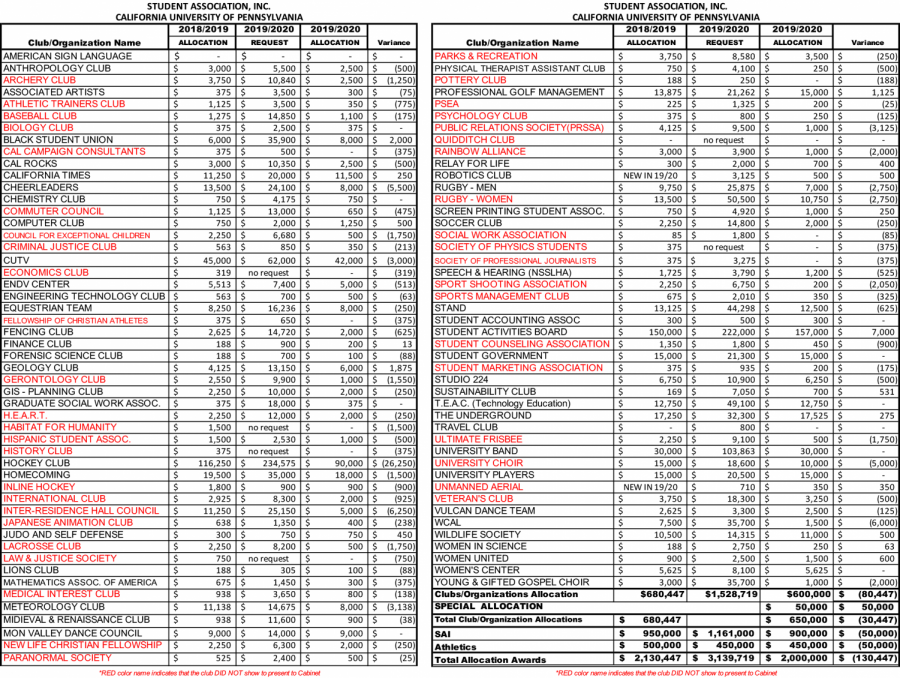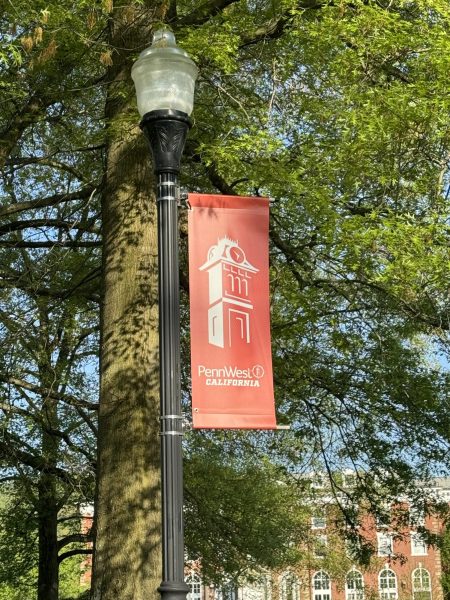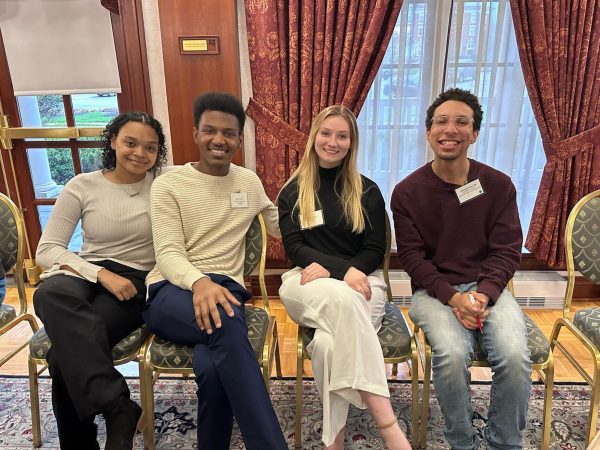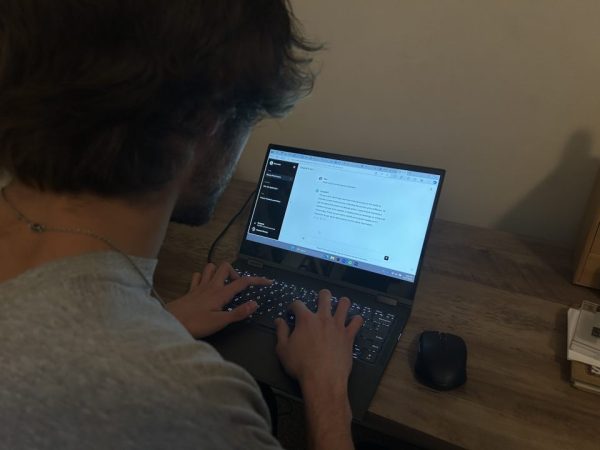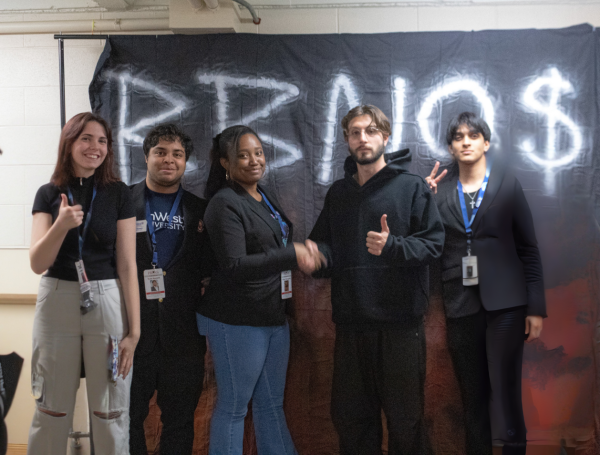The Student Association, Inc., 2019-2020 allocated club budgets
A message from the CFO of SAI
“Whoever said money can’t solve your problems must have not had enough money to solve them,” is my new favorite song lyric from Ariana Grande’s “7 Rings” and a true statement regarding the 2019-2020 allocated club budgets. If there was only more student fee money to give out, all club funding problems would disappear.
The Student Association Inc. (SAI) was only able to distribute 75 percent of the total allocations awarded to clubs and organizations for the 2018-2019 academic year due to declining enrollment and fee revenue. SAI never wants to reduce a club’s funding and the decision by the Board was not an easy one. However, over the past three years SAI has distributed $143,000 more than it received in fee revenue. In addition, there has been an average of $43,750 returned annually in unspent allocations. The unspent allocations at the end of the fiscal year are included in amount of total funding to be distributed in the following year. So if you think about it, not only has fee revenue been declining, we have also had the benefit of utilizing the unspent allocations to offset that deficit or SAI would have given out even more than the $143,000.
The 2019-2020 allocated club budget process has not been an easy one. The SAI Board of Directors approved total funding in the amount of $600,000. That is an overall decrease by almost 12 percent based upon the 75 percent awarded in 2018-2019. In addition, the Board approved a new Special Allocation fund in the amount of $50,000. If you take those additional funds available for clubs during 2019-2020, the total funding decrease is only 4.4 percent.
The discussion and thought process behind the two pools of funds was simple, why award more to clubs who will not spend it? If we are receiving an average of $43,750 in unspent allocations each year, let’s reduce the total amount and then allow clubs the opportunity to come and ask for more money if they need it. That way, there is money set aside to help clubs continue to function and not given out to sit in an account for two semesters and then returned at year end. It seems like the logical thing to do and this is the first year SAI is trying this new approach. If it goes well, I imagine it will continue. If not, then back to the drawing board.
After meeting two times and discussing each club’s budget requests for more than 12 hours, the difficult job of distributing $600,000 to the 88 clubs who applied for allocation was finalized. A total of 61 clubs were decreased, 16 clubs have increases, and 11 clubs received the exact same amount as this year. Students in Cabinet change each year and the budget presented takes into account their thoughts on overall campus impact, academics, student involvement, and a wide variety of other differences that only knowledge and analysis of each club account can decipher. The numbers on the page mean nothing unless you know the story behind them, and they all have a story that was discussed in great detail.
Student Government actually voted down the original budget presented by Student Cabinet on March 25. Cabinet met again on March 27, made some changes, and then Student Government passed the proposed budget on April 1.
On Monday, April 8, at 4:15 p.m. in the Natali Performance Center, SAI will hold its annual Corporation Meeting which is the final step in the budget process. All members of the SAI Corporation (all full-time undergraduate SAI fee-paying students) get a vote to approve or reject the budget. Only voting members of the SAI Corporation are permitted at this meeting. It is important to know that the final total amount of $600,000 will not be changed if the proposed budget is voted down. Student Cabinet would meet again and either decide to make minor changes to clubs or make no changes at all. Nominations for the 2019/2020 SAI Board of Directors will also take place at this meeting. You will need your CalCard to verify eligibility prior to entering the meeting.
I hope you join in on the process and exercise your right to vote on Monday, April 8.
Leigh Ann Lincoln, CPA
Chief Financial Officer

